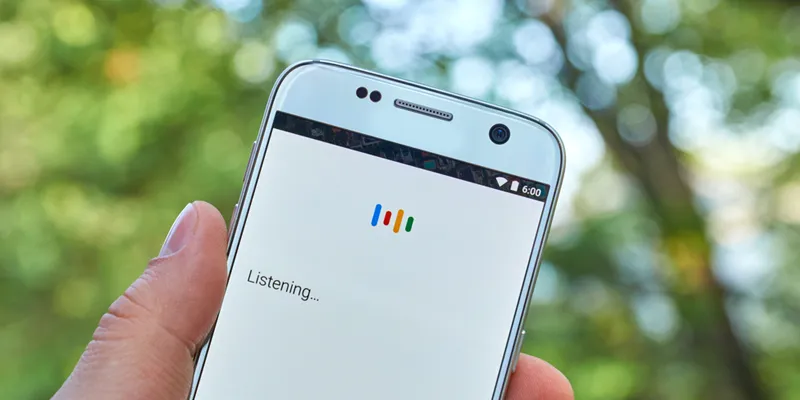The message is loud and clear: the future is about the voice
Companies will have to amp up their voice-activated assistants, which will go on to make users' live simpler.
I have tried some of the voice-activated assistants. They are the ones made by the GAMA companies – Google, Apple, Microsoft and Amazon. They all have the ability to control smart appliances and tell users traffic conditions and the news. They can tell you bad jokes. If you are looking to improve your sense of humor, stick to the right WhatsApp groups and you will never run out of stock.

There are tie-ups behind the screens that let each one of these voice-activated assistants help with simple tasks. Amazon Alexa can recognise voice-based commands to order pizzas from Domino’s, or book you an Uber ride. It can play your playlist from Spotify if you so wish. If you give it access to your calendar, Alexa can set up appointments and order stuff from its own website. They can do more.
Tip of the day
What if the voice-activated assistant knew the challenges I face at work and help me with daily tips that are helpful? That is certainly possible. Alexa can give you a tip from Harvard Business Review, or the Wall Street Journal, BBC, New York Times, or play a TED talk and NPR if you like.
This could be such a massive opportunity for educators. Top-class content is already there. What is needed now is creating the context where the content can have real-time impact. It could be my coach in real time. By looking at my calendar, the assistant could know that I will be moving to a new role in a new company; it could set up an alert to find me updates about my new employer or suggest classes I could take to be better prepared for my new role. Or how to manage a team member who is struggling to meet deadlines. The possibilities are immense.
The road is bumpy
Voice-activated search has its own challenges. Voice assistants have to understand grammar – both right and wrong. “What is the capital of the United States of America?” The country can be referred to as US, America or even 'Umreeka'. Not to mention commonly understood versions such as, “Capital of America is what?”.
Bilinguals people do that often. So do people who are not that fluent in one language. They tend to do straight translations of the sentence they had in mind. If prose and poetry translations leave people dissatisfied, imagine the chaos that these voice assistants will have to deal with very soon.
We can speak to the Google app in 58 languages. Each one has its own accents. Voice searches have more than doubled in the past year alone. About 25 percent of the searches are being done on voice already. We are training the machines. Each query improves the beast. This is just the beginning. The future will be about voice. That is loud and clear.
(Disclaimer: The views and opinions expressed in this article are those of the author and do not necessarily reflect the views of YourStory.)







